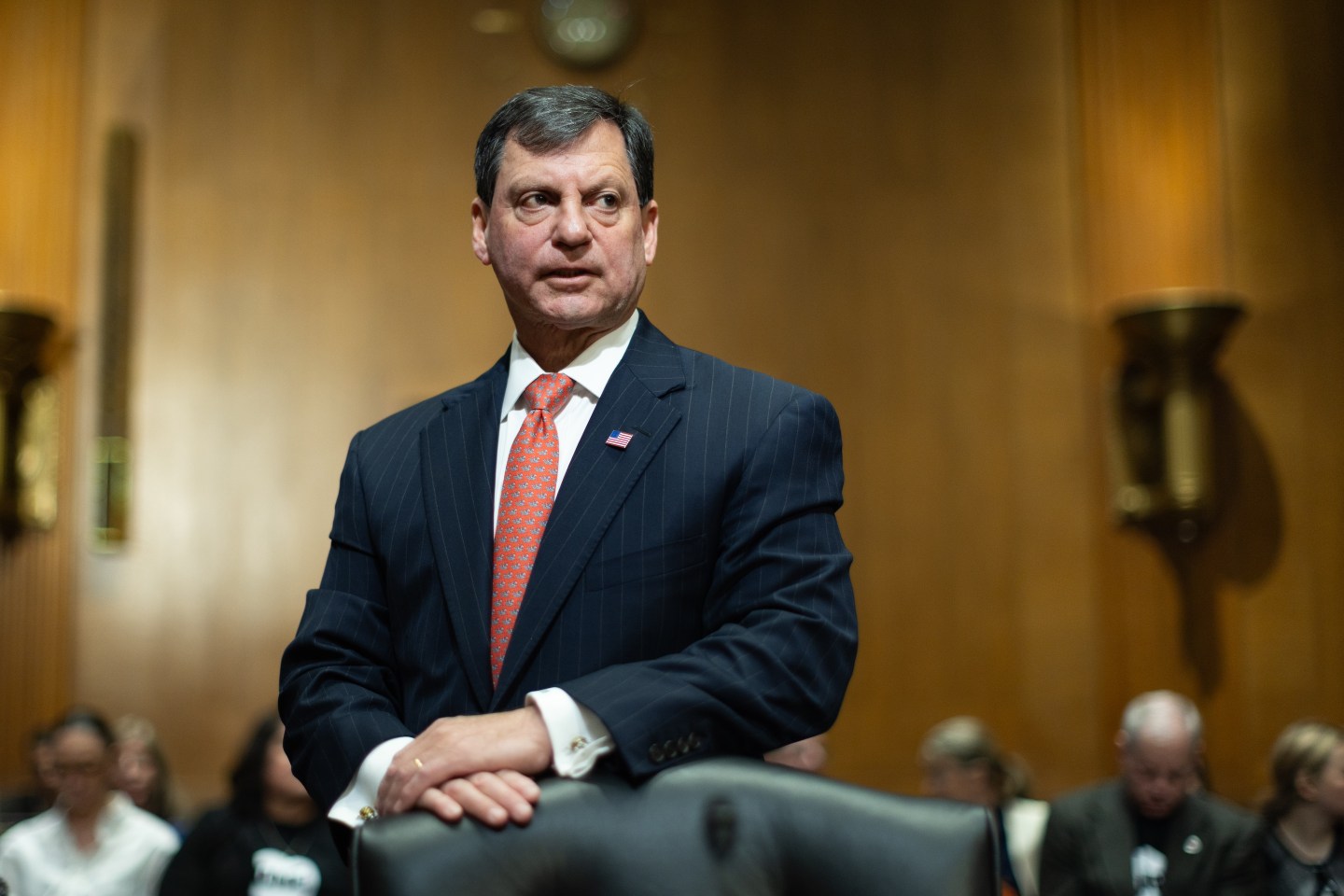Good morning!
Burnout isn’t just an employee phenomenon. It’s also permeating the C-suite.
My colleague, Trey Williams, wrote about the surge in CEO turnover last week while I dug into the burnout epidemic among CHROs and CPOs. I find the latter to be particularly fascinating—yes, I’m biased—because HR heads are the people who take care of people. That is, their fatigue has a considerable impact on an organization.
People executives are reeling from a string of crises and strategic planning: the pandemic, vaccination requirements, return-to-office decisions, social justice protests, inflation, and layoffs; need I say more? The rapid expansion of their roles to account for a fast-changing workforce and business goals is pulling them in many directions. And their exhaustion is often overlooked.
“When we try to push through the warning signs, we see higher turnover, lower productivity, and even difficulty managing teams,” says Jacqui Canney, chief people officer at enterprise software company ServiceNow (a sponsor of this newsletter). “In HR especially, our people see us as culture champions, which is great when we’re feeling good. When we’re burned out, the risk is that the whole company feels it.”
Here’s an excerpt from my latest piece for Fortune:
“In 2021, the turnover rate among Fortune 200 CHROs was 16%, according to the Talent Strategy Group’s 2022 report. That’s an 11% increase in turnover from 2020, and the figure is now likely higher, some HR heads predict.
Today’s CHROs point to deteriorating mental health as the primary reason for their swifter departures—a trend seen across the C-suite. Nearly 70% of C-suite leaders in a Deloitte survey say they’ve considered quitting their jobs in favor of new opportunities that better support their well-being, and 40% say they always or often feel overwhelmed in their roles. Twenty-six percent report struggling with depression vs. 23% for employees.
Within HR, stress is even more acute. Forty-two percent of people teams report struggling with too many projects and responsibilities, according to a survey from HR software company Lattice. Over 60% of those who report exhaustion say it’s due to overwork, while some 40% attribute it to a lack of headcount needed to achieve their goals.”
Read the full story here and learn how CHROs are dealing with seemingly unabating exhaustion.
Amber Burton
amber.burton@fortune.com
@amberbburton
Reporter's Notebook
The most compelling data, quotes, and insights from the field.
At Fortune’s Brainstorm Health conference last week, U.S. Surgeon General Vivek Murthy discussed the pandemic's effects on mental health. Namely, "loneliness has 'risen to the level of being a public health crisis,' and focusing on rebuilding social connections in the workplace is essential," writes Sheryl Estrada in her conversation coverage.
“When people feel a greater sense of connection to each other in the workplace, it positively impacts their creativity, their productivity, and actually their engagement, which has downstream impacts on retention,” Murthy said.
Around the Table
A round-up of the most important HR headlines, studies, podcasts, and long-reads.
- An Amazon Slack channel for employees on performance improvement plans reveals workers' anxiety and fear. Insider
- The mission-driven nature of nonprofits can make union negotiations between management and workers especially contentious. New York Times
- Wages for American workers grew 1.2% in the first quarter, complicating the Federal Reserve’s plan to fight inflation by slowing explosive job growth. CNN
- Several small tech companies conspired to enter the same applicants multiple times into the lottery that awards H1-B visas for highly skilled foreign workers. Wall Street Journal
- Efforts to hold men accountable for workplace sexual harassment is a power struggle that hasn't come to fruition. The Atlantic
Watercooler
Everything you need to know from Fortune.
Less clubbing. Social media app Clubhouse laid off half its staff. —Ellen Huet
CEOs join Great Resignation. The S&P 500 saw a 39% increase in CEO exits in 2022 compared to the previous year. —Trey Williams
Try not to panic. An estimated 84 million Americans could lose their Medicaid coverage as a pandemic-era moratorium on removing recipients who earn more than the usual qualifying threshold ends. —Amanda Seitz, Anita Snow
Dimon doubles down. The JPMorgan Chase CEO said employees who don't come to the office at least three days a week aren't “following the rules” and may face corrective management action. —Jane Thier
This is the web version of CHRO Daily, a newsletter focusing on helping HR executives navigate the needs of the workplace. Today’s edition was curated by Paolo Confino. Sign up to get it delivered free to your inbox.













